Kosovo rejects two Germanies model
The Kosovo government has rejected the possibility that two Germanies model can be used as a model in establishing new relations between Belgrade and Priština.
Sunday, 22.05.2011.
14:06

The Kosovo government has rejected the possibility that two Germanies model can be used as a model in establishing new relations between Belgrade and Pristina. Kosovo's Foreign Minister Enver Hoxhaj said that the model should not be accepted, among other reasons because Kosovo was independent and sovereign, and had a strong statehood which was well consolidated inside and outside of its territory. Kosovo rejects two Germanies model “The two Germanies model is a Cold War model, and absolutely cannot serve as a model for improving any relations in the Balkans,” Hodzaj told Pristina-based Albanian language daily Koha Ditore. “I think that Serbia needs to go past promoting frozen conflicts and foreign policy characteristic of Cold War diplomacy,” he said, reacting to a statement from Serbian President Boris Tadic, who said that one of the possible solutions was the model of the two Germanies after the war. The Serbian president explained that the model would not force Serbia to recognize Kosovo's independence, but would leave room to address many day-to-day issues troubling both nations. Kosovo's former Foreign Minister Skender Hiseni is also against the two Germanies model. “This model means that Kosovo and Serbia can be united again some day and it is precisely this fact, without considering the other aspects, that makes it unacceptable,” he stressed and added that Kosovo and Serbia could never again be one country. Hiseni was a member of the Pristina delegation in talks with Belgrade when the three-person mediation group from the international community included German diplomat Wolfgang Ischinger. At the time, the mediation group proposed a 14-item agreement, which included the two Germanies model, and which was turned down.
Kosovo rejects two Germanies model
“The two Germanies model is a Cold War model, and absolutely cannot serve as a model for improving any relations in the Balkans,” Hodzaj told Priština-based Albanian language daily Koha Ditore.“I think that Serbia needs to go past promoting frozen conflicts and foreign policy characteristic of Cold War diplomacy,” he said, reacting to a statement from Serbian President Boris Tadić, who said that one of the possible solutions was the model of the two Germanies after the war.
The Serbian president explained that the model would not force Serbia to recognize Kosovo's independence, but would leave room to address many day-to-day issues troubling both nations.
Kosovo's former Foreign Minister Skender Hiseni is also against the two Germanies model.
“This model means that Kosovo and Serbia can be united again some day and it is precisely this fact, without considering the other aspects, that makes it unacceptable,” he stressed and added that Kosovo and Serbia could never again be one country.
Hiseni was a member of the Priština delegation in talks with Belgrade when the three-person mediation group from the international community included German diplomat Wolfgang Ischinger.
At the time, the mediation group proposed a 14-item agreement, which included the two Germanies model, and which was turned down.














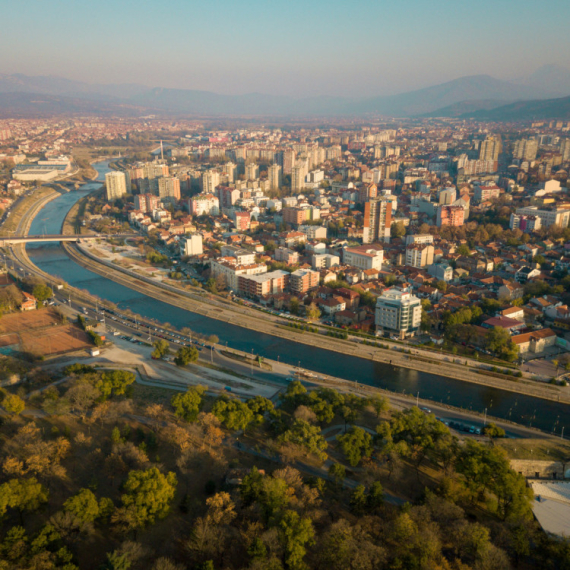





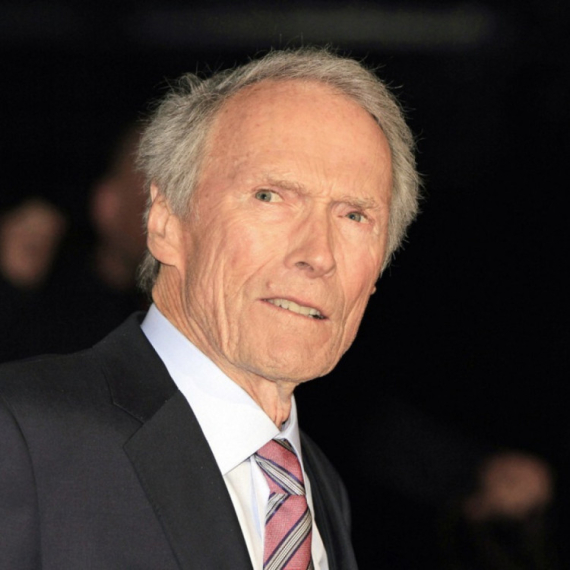
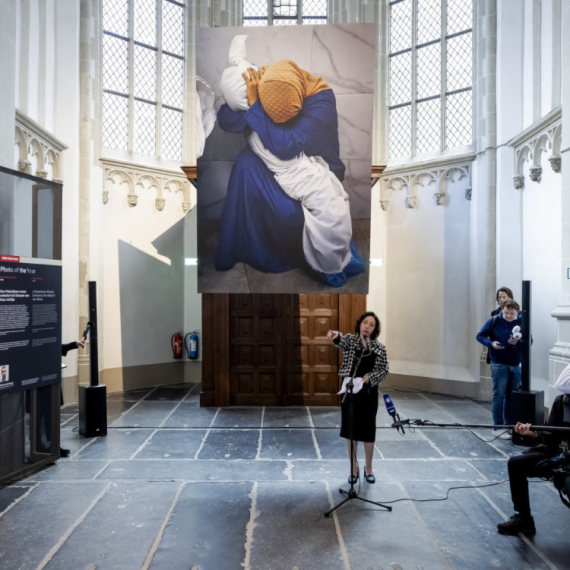




























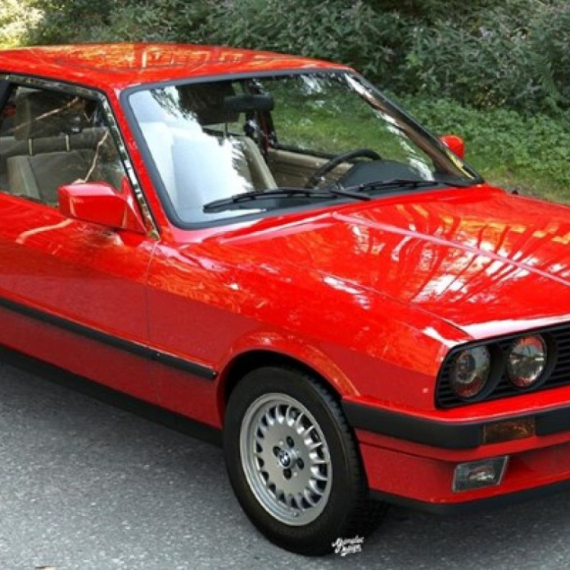




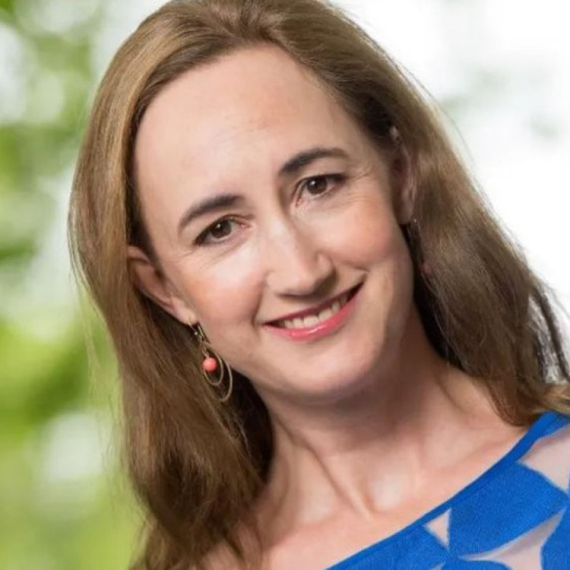
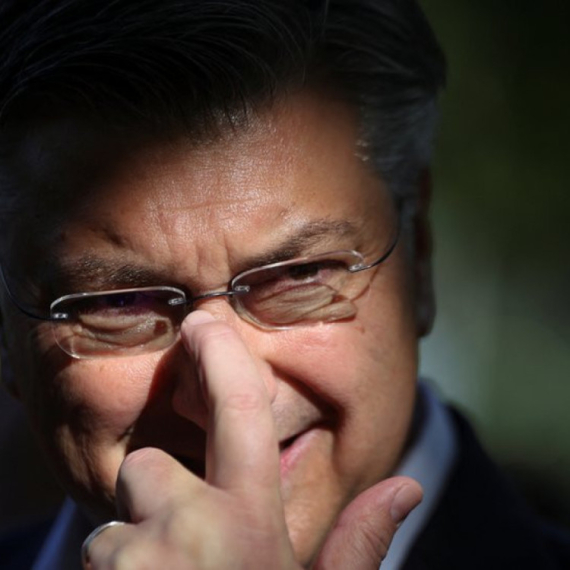

Komentari 24
Pogledaj komentare